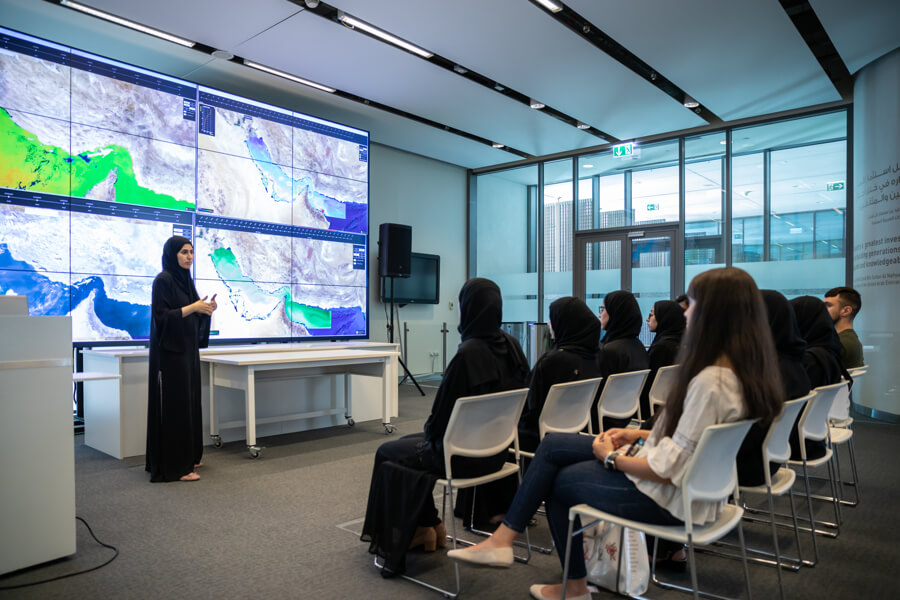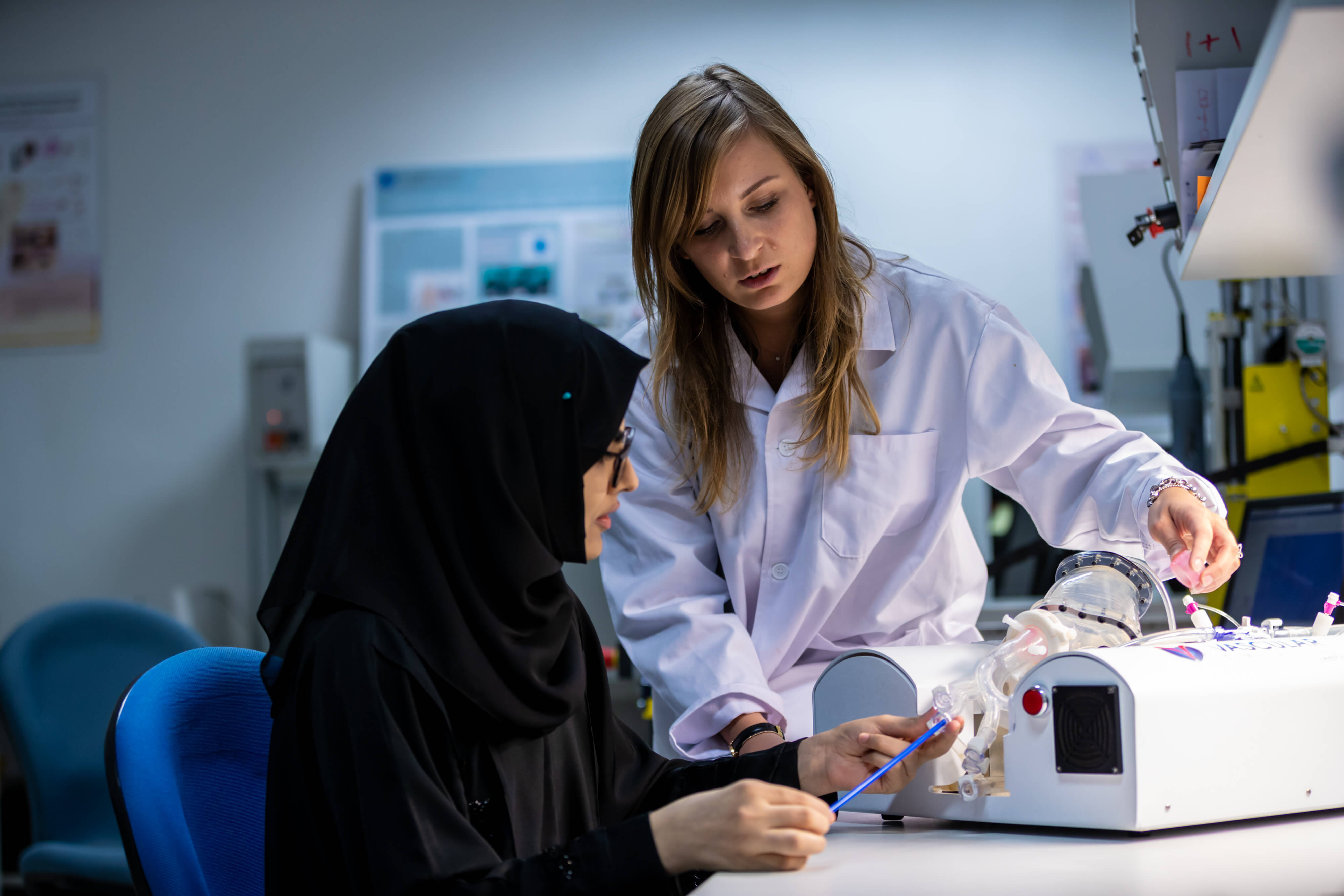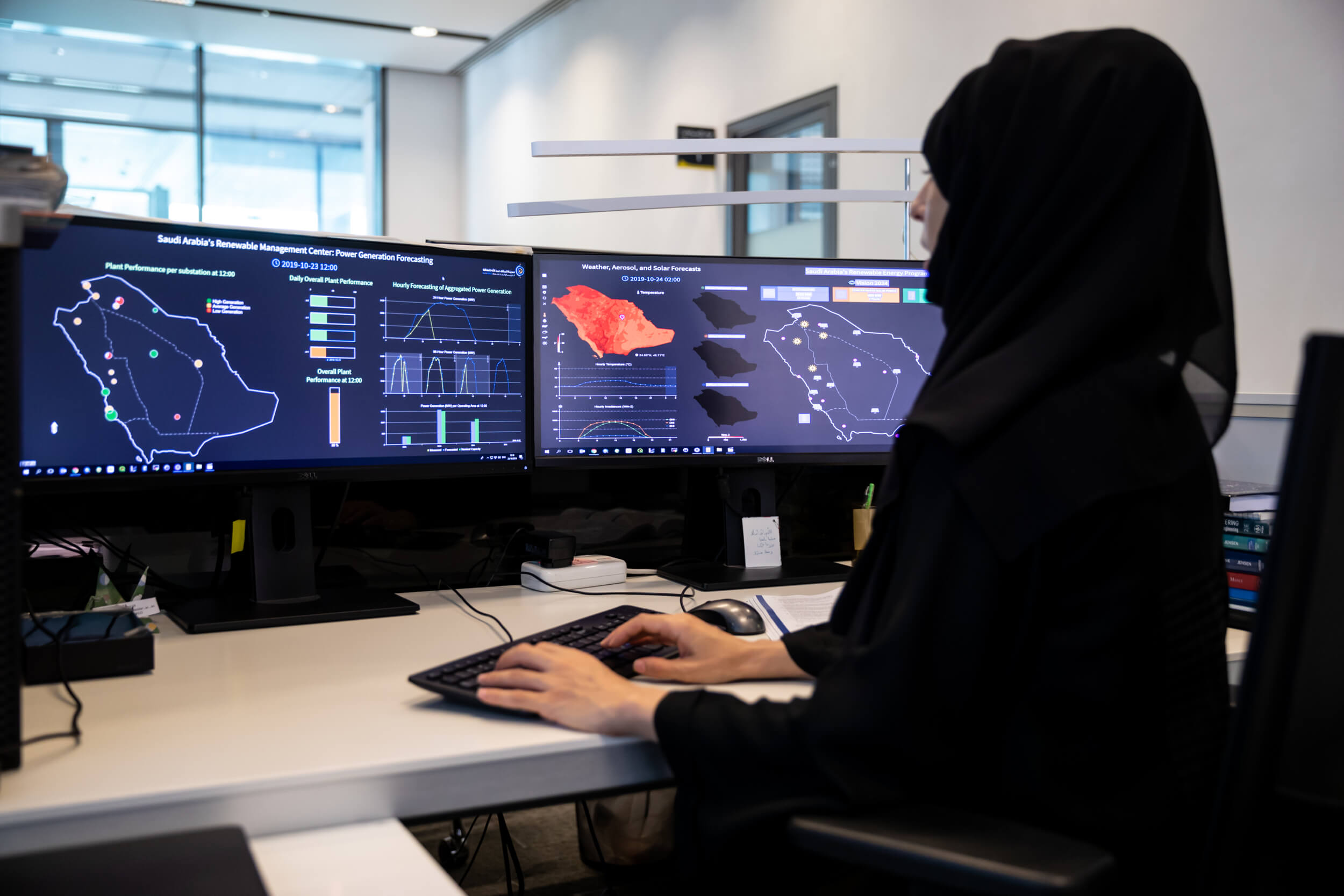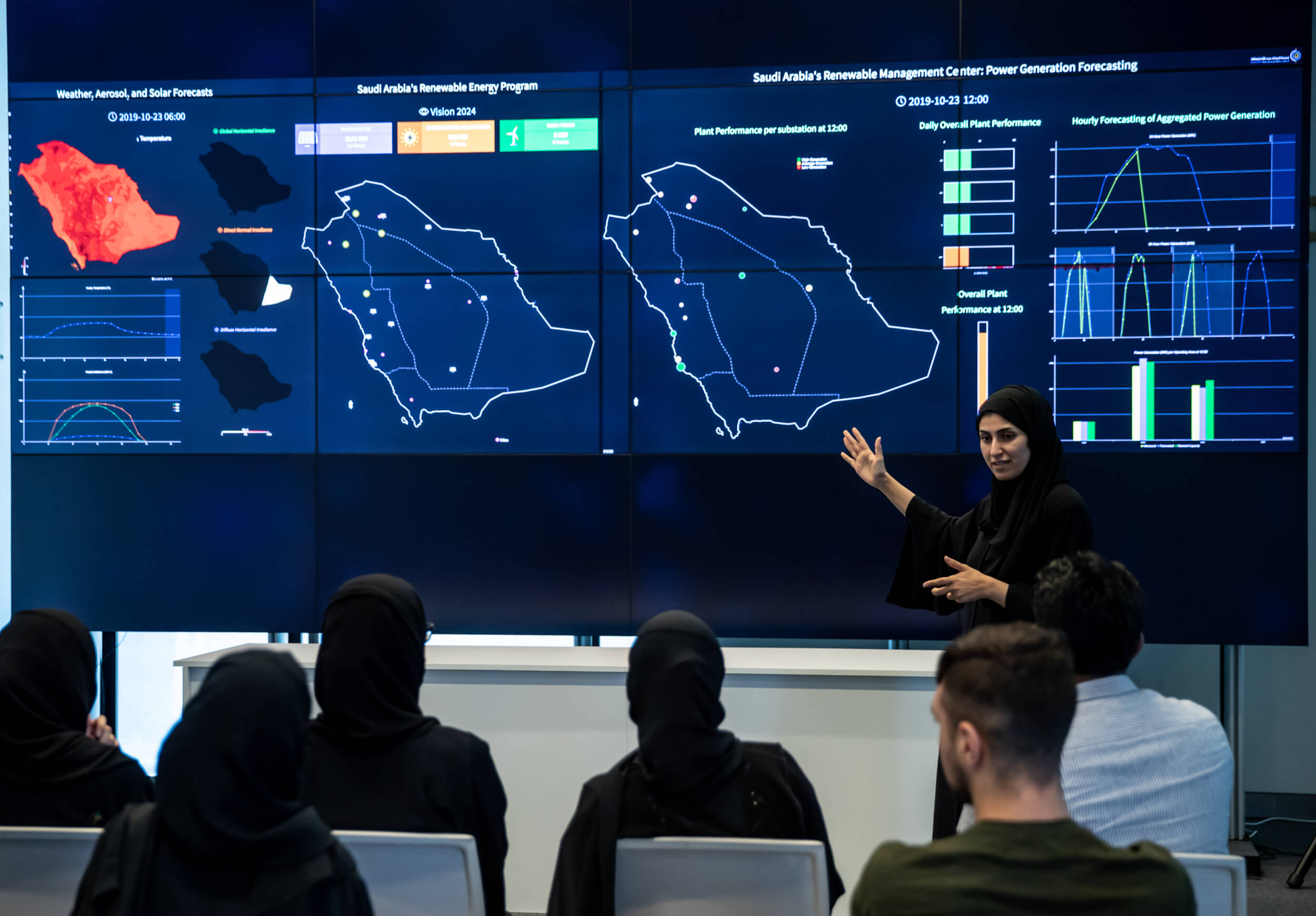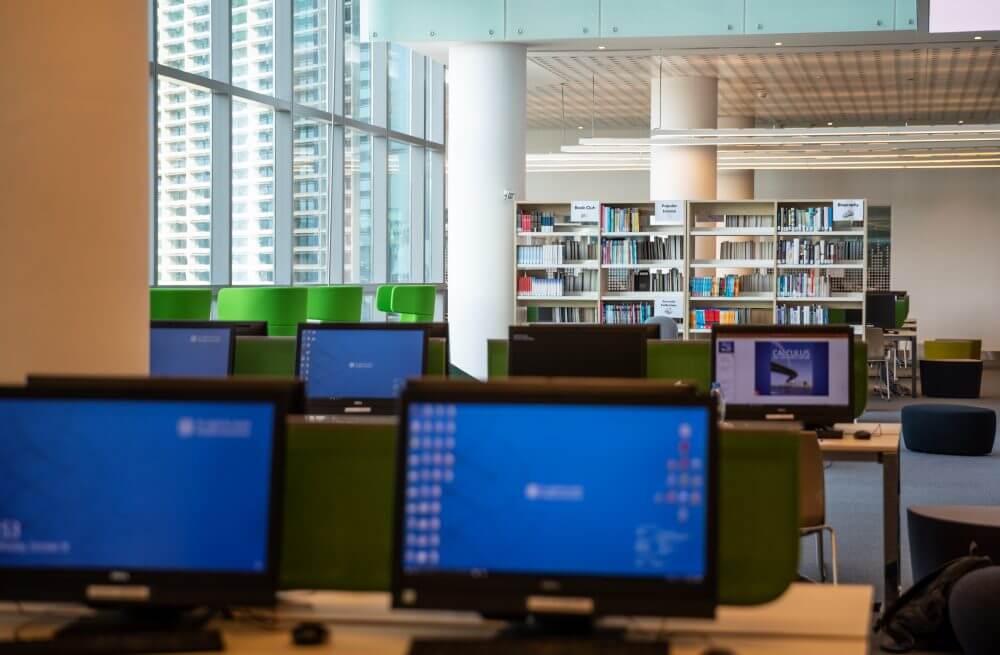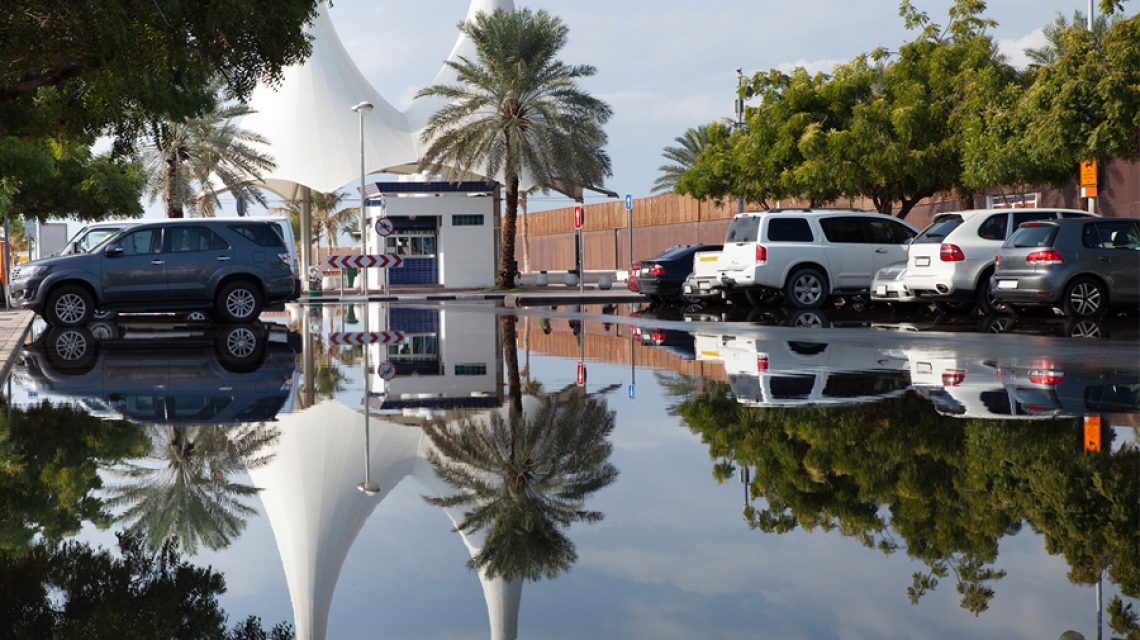
The advanced science of nanotechnology is being leveraged in a new way to help increase water security in the UAE and other arid and semi-arid regions as part of an innovative rain enhancement research project being led by Masdar Institute faculty.
Triggering rain from clouds that would normally produce none is the science of rain enhancement, also known as cloud seeding. Rainfall plays an important role in replenishing groundwater reservoirs and refilling dams and wells in the UAE, while also helping to keep air clean and desert ecosystems thriving. Unfortunately, current rainfall levels are unable to replenish the UAE’s shrinking groundwater supplies – which are decreasing at a rate of .5 centimeters per year – due to a combination of growing freshwater demand and very low rainfall levels.
Studies have indicated that rainfall enhancement via cloud seeding can increase rainfall between 5% to 20%, which would help restore groundwater reserves, boost agricultural production, and reduce the country’s heavy reliance on freshwater produced by energy-intensive seawater desalination.
Masdar Institute Professor Linda Zou of Chemical and Environmental Engineering is looking to capitalize on the unique capabilities of nanotechnology to support the country’s water security needs. Her research will leverage nanotechnology to increase the production of water droplets in clouds, which in turn will help produce more rain. Nanotechnology is the manipulation of matter on anatomic,molecular, andsupramolecularscale, to engineer functional systems on those respective scales.
“Many of the cloud seeding materials used today, such as potassium chloride and sodium chloride, are based on traditional practices; the information and techniques used are outdated, and their effectiveness is not well understood,” Prof. Zou said.
“This research project will leverage the unique nanostructured properties of cloud seeding materials to help water vapor in clouds condense, which is the necessary process needed for raindrops to form,” she added.
The UAE government has recognized the potential of rain enhancement to support water security and established the UAE Research Program for Rain Enhancement Science to increase rain enhancement research in the UAE and arid and semi-arid regions across the world. Prof. Zou was one of the three inaugural recipients of the US$ 5 million grant from the Program earlier this year.
Conventional cloud seeding materials, such as silver iodide and salt particles, provide a crystal around which water vapor can condense. Though these materials have proven successful in producing water droplets and rain, Prof. Zou believes that recent technological advancements in materials science and nanotechnology can be leveraged to improve these cloud seeding materials’ ability to form rain.
As part of her grant-winning project, Prof. Zou will engineer cloud seeding particles with optimal properties to ensure that condensation will occur effectively and more rainfall can be achieved.
To aid this process, Masdar Institute’s Dr. Mustapha Jouiad, Microscopy Facility Manager and Principal Research Scientist of Mechanical and Materials Engineering, will develop novel methods to evaluate water condensation using advanced microscopy techniques. The project will also be assisted by two international co-investigators, Dr. Loh Kian Ping from the National University of Singapore and Dr. Mladjen Curic from the University of Belgrade, who will provide additional expertise in nanotechnology, fine particle dispersion examination through interfacial science, nanomaterial characterization, and cloud modelling.
“The ultimate goal of our research project is to ensure that the knowledge gained through our research project leads to consistent and enduring results,” she explained.
This novel application of nanotechnology, which is known more for its use in materials science, health, electronics and robotics, has attracted the interest and optimism of meteorological scientists.
“Research related to nanotechnology in the context of rainfall enhancement by Dr. Zou represents a new and exciting approach,” said Dr. Deon Terblanche, Director of the Atmospheric Research and Environment Branch of the World Meteorological Organization (WMO) based in Switzerland.
“All science-based rainfall enhancement techniques are based on the formation of water vapor into either cloud droplets or ice crystals, and this process is dependent on nuclei (small particles) in the air. Nanotechnology provides the opportunity to optimize the effectiveness of such nuclei in innovative new ways based on our knowledge of nucleation theory, which refers to the formation of a new phase or structure of a material.”
Rapid and continuous social and economic growth within the UAE has intensified the demand for fresh water supplies for human consumption and industrial applications. Therefore, rain enhancement research is critical in the quest for new water security options and innovative solutions in the UAE and beyond. Finding innovative and sustainable ways to increase rainfall and groundwater reserves through rain enhancement is critical to the development of a robust water infrastructure in the UAE, and Prof. Zou hopes that this research will help the country achieve greater water security in the near future.
This and other rain enhancement research taking place at Masdar Institute could help position the UAE as a leader in advanced water technologies to address issues of water security while also helping to produce the high value human capital needed for the country’s advanced sectors.
Zarina Khan
Senior Editor
3 April 2016


